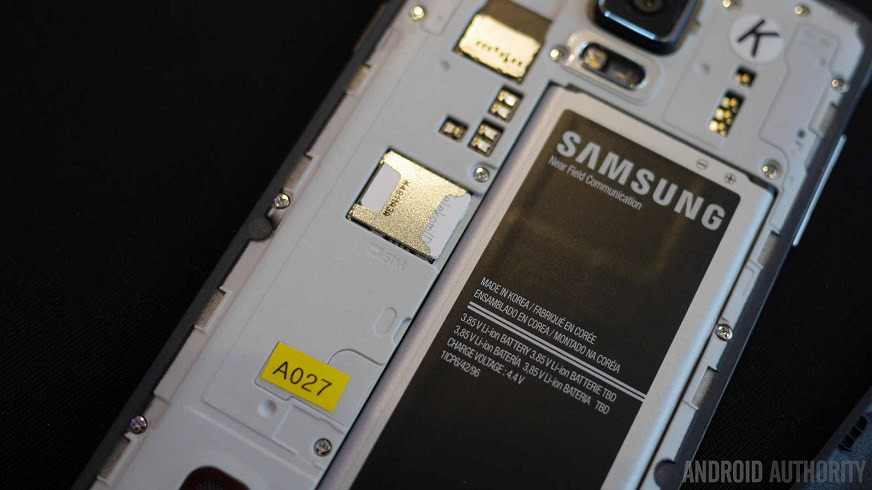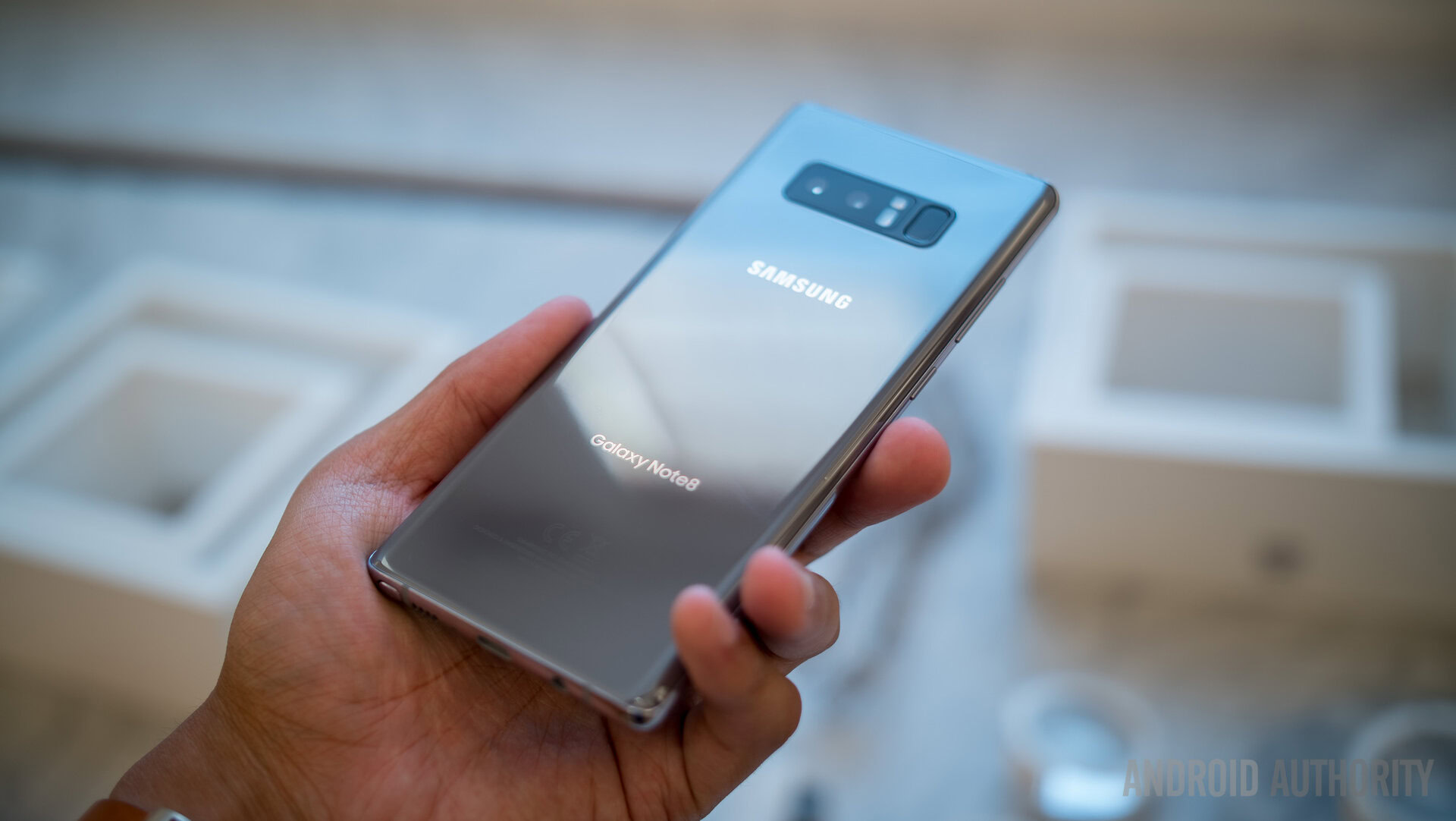Affiliate links on Android Authority may earn us a commission. Learn more.
New Samsung technology helps batteries charge faster and last longer
November 27, 2017

Smartphone batteries have been teetering on the verge of big improvements for years now, but the main advances we’ve seen make it into commercial smartphones have arrived in the form of quick charging and wireless charging.
While these aren’t insignificant — I’m rather happy to own a phone that reaches more than 50% of its full charge in half an hour — smartphone battery life standby times have hovered around the one-to-two day mark for the past five years or more.
However, in a report recently published on scientific research website Nature.com, it appears that Samsung Electronics has accomplished what could be the next step big step in smartphone battery tech.

Using a “graphene ball” material, Samsung’s Advanced Institute of Technology (SAIT) has apparently been able to make LIBs (lithium-ion batteries) charge faster and last longer. This technology is said to offer a “45 percent” increase in capacity, and “five times” faster charge speeds — from an hour down to 12 minutes for a full charge.
What’s more, the tech could be applied to electric vehicles, given that it can survive the necessary “up to 60 degrees Celsius” conditions.

LIBs have been employed in many consumer electronics products since their introduction in the early 90s — and smartphones since their inception — but, despite being the best current option, they’re also very restrictive. Smartphones, laptops, smartwatches etc have to be charged all-too-frequently for many of us, but the physical space occupied by their LIBs also impact weight and design (critically, what components can fit inside the products). Furthermore, they can be comparatively volatile — it was problems associated with the Galaxy Note 7’s battery that lead to it being discontinued shortly after release.
For these reasons, they’re crying out for a smaller, longer-lasting replacement, and a graphene-based solution might be the answer. This lightweight, minuscule, durable material has been available in a manufacturing capacity since 2004 but scientists are still exploring its potential uses. Though Samsung’s new battery would still rely on the LIBs of old, it could pave the way for greater innovations to come.
Samsung has already patented the new technology in South Korea and the US but there’s no telling when it could make its way to smartphones. If it’s anything like the previous reports on advanced smartphone batteries, it could be years away.